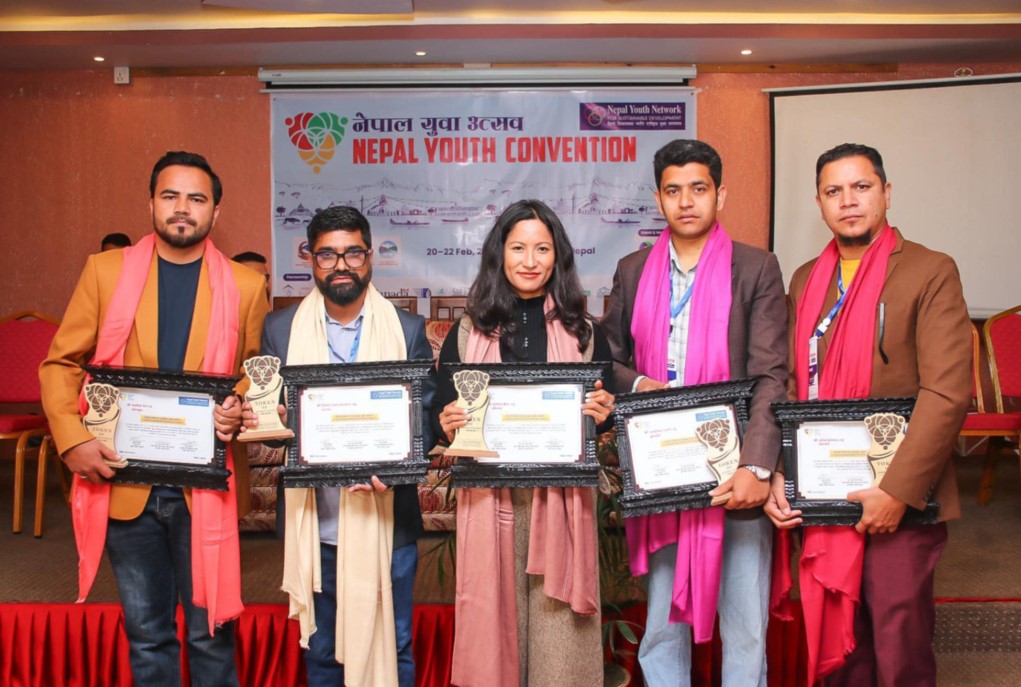Joint Implementation Mechanism on Energy Cooperation
KATHMANDU, Sept 29: The first bilateral meeting of Nepal-China Joint Implementation Mechanism (JIM) on Energy Cooperation has agreed to facilitate investment in the energy sector. During the meeting held in Kathmandu on Friday, the JIM has also discussed on the possible energy cooperation between the two countries.
The joint mechanism was formed to work toward the implementation of the MoU on energy cooperation signed by Nepal with China during Prime Minister Khadga Prasad Oli’s state visit to China in June.
Prospects of investment in energy sector in Nepal discussed in...

The Chinese delegation was led by HE Yang, deputy director general at the National Energy Administration of China, while the Nepali side was led by Anup Kumar Upadhyay, secretary at the Ministry of Energy, Water Resources, and Irrigation.
According to a joint press statement issued after the meeting, the two sides presented their country’s power system scenario, investment prospects, power markets and future plans, among others, to make each other familiar with the power system of each other. The meeting also explored the possibilities on developing cross border interconnection, read the statement.
“Discussion on possible Nepal-China cooperation plan was also held in view of giving continuity to possible energy collaboration between the two countries,” the statement added.
The joint statement has termed the meeting ‘a stepping stone’ to implement the ‘historical’ MoU on energy cooperation signed by the energy ministers of both countries during PM Oli’s China visit. The MoU is expected to pave the way for long-term cooperation between the two countries on energy sector including various areas like trans-border transmission line, hydropower development, and harnessing solar power, among others.
The MoU signed between the ministers of two countries was touted as one of the achievements of PM Oli’s visit.
Nepal has been requesting China to develop Arun Kimathanka Hydropower Project (434 MW) and build a 400 KV trans-border transmission line that supports exchange of up to 1500 MW via Rasuwagadhi- Kerung route.
Government officials say that the first meeting was largely focused on sharing the scenario of energy sectors of both countries. “The first meeting was more about briefing the other side about their respective country’s energy sector and possible areas of cooperation. This helps to set the agenda for concrete action in the next meeting,” said a senior official at the ministry.







































